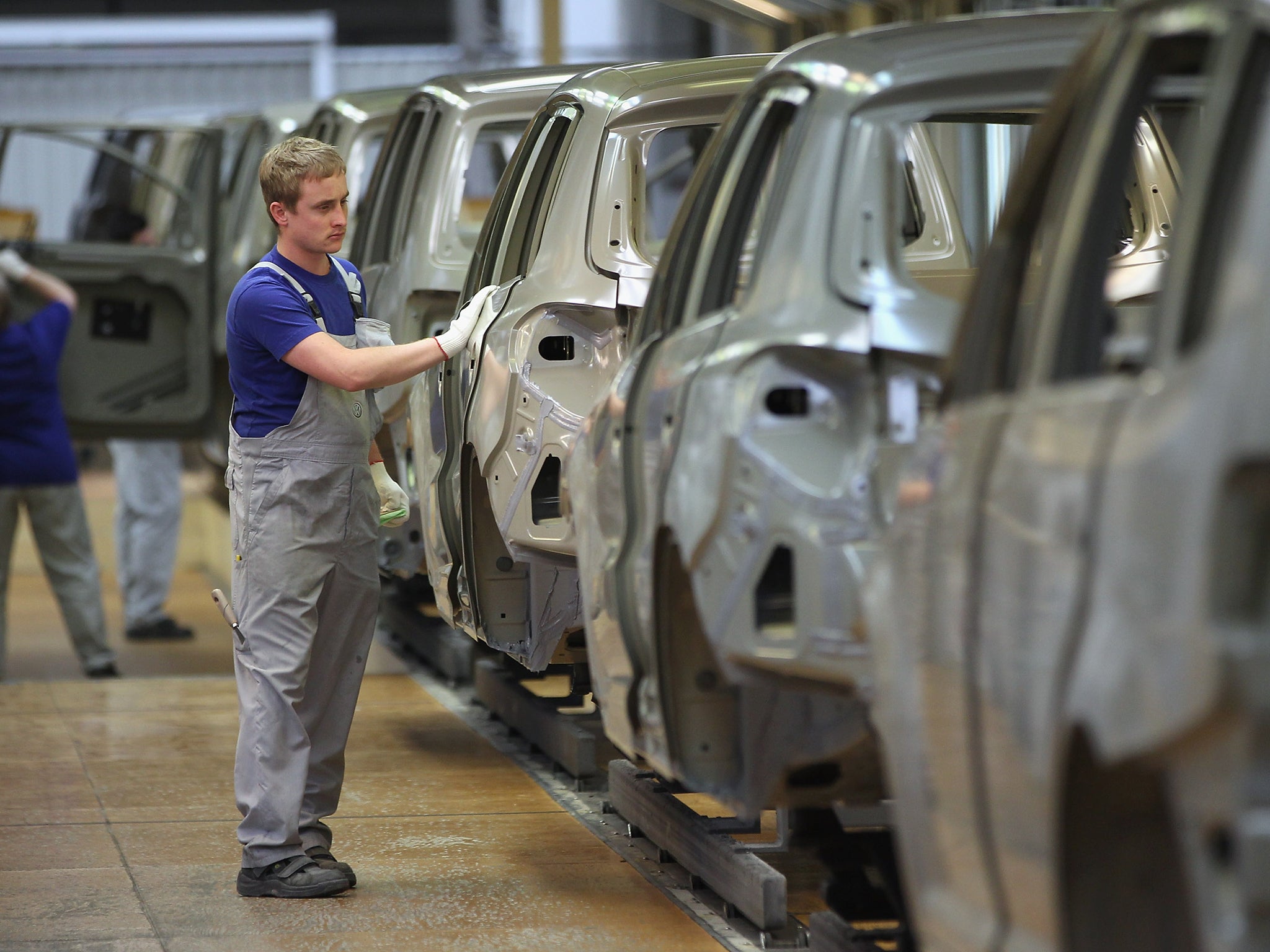Germany can teach us a thing or two about good family businesses
VW might be in a tight spot just now, but like other Mittelstand companies it has a strong support group

The new chief executive of Volkswagen, Matthias Müller, was the head of its Porsche division. Nothing remarkable in that, as he presided over a hugely successful diversification of a niche sports car into a broadly based luxury vehicle brand. But what was crucial to the appointment was not only his record, but where support came from: the Porsche family. For the world’s largest vehicle manufacturer is still family-controlled.
As in so many families, all has not been sweetness and light. In April this year, Ferdinand Piëch, one of the grandchildren of founder Ferdinand Porsche, was ousted from the chairmanship of the VW Group, after a row with the rest of the supervisory board, which included his cousin Wolfgang Porsche. Ironically, Piëch’s error was to try to sack Martin Winterkorn, who resigned last Wednesday following the emissions scandal. But he still has 10 per cent of Porsche shares. The structure is complicated, but he and the other family members own half the shares in the Porsche parent company and have all the voting rights, while the Porsche company in turn controls 50.7 per cent of the voting rights of VW. So the quarrelling descendants of that brilliant Austrian designer of Hitler’s “people’s car”, the VW beetle in the 1930s, and the gorgeous Porsche 356 sports cars of the 1950s, still control the twin groups 80 years later.
It is an extraordinary story of financial acumen and tenacity, but one that is less remarkable in Germany than it would be here or in the US. After all, while one of VW’s two great rivals, Daimler-Benz, is a normal quoted company with wide shareholdings, the other, BMW, is also family-controlled.
The BMW story is quite different, for it was rescued by the industrialist Herbert Quandt in 1959, when it was about to be put into liquidation or sold to Daimler-Benz. He took a huge risk, but his timing was excellent as the 1500, precursor of the BMW 3-series, was being planned to fill the gap in the company’s product line. His family still has just under 50 per cent of the shares, giving it effective control.
What is interesting about Germany here is that this pattern of family ownership goes a long way down the supply chain. Most of the famed Mittelstand medium-sized companies, are still controlled by the families that founded them. Open your car’s sunroof and you will almost certainly be using a product of Webasto, family-owned since 1901. The world’s largest supplier of automotive components is Robert Bosch GmbH, where more than 90 per cent of its dividends go to a charitable foundation, as intended by its founder. But 93 per cent of the votes are held by an industrial trust run by former senior employees, agents of the founders’ family and other grandees from German industry. The family directly holds the remainder of the votes.
There are other examples of families in other countries still controlling giant companies, often by this sort of skewed voting structure. Thus, the Ford family has 40 per cent of the votes in the motor company but has less than 2 per cent of the shares. But, in Britain, while non-voting shares are perfectly legal, they are frowned upon by institutional investors as poor practice. As a result, when a family has built up a business to the point where it needs outside capital, it usually loses control.
Does this matter? Well, it would be hard to argue that VW is a fine example of corporate governance. But it is reasonable to ask whether, for example, Cadbury’s employees and customers would have been better served had the founding family retained control and Kraft been unable to take it over.
There is a huge question here. Are we in Britain biased against family control of large businesses?
You certainly hear of company owners who don’t want to grow their business beyond a certain point because to do so means giving up control. Or of families where the next generation wants to get its money out of the business, partly because of the usual family squabbles but also because prudent portfolio management would suggest they should diversify their risk.
We also have a tax system that makes passing on a business to the next generation tricky. There are inheritance tax provisions for passing on a farm, but not a manufacturing company, which encourages people to sell their company and stick the money into a farm, surprise, surprise. In Germany, it is rather different for there are special tax breaks (actually, now under review) for passing on companies free of inheritance tax. This has been crucial to the longevity of the Mittelstand.
But I don’t think this is just a tax issue. I think it is also cultural. We admire entrepreneurs. We admire people who start businesses. But we are chary about children inheriting businesses, for we feel they should not inherit privilege. So we do not have the equivalent of a family-controlled VW or BMW – the families are pressured to sell out.

Join our commenting forum
Join thought-provoking conversations, follow other Independent readers and see their replies